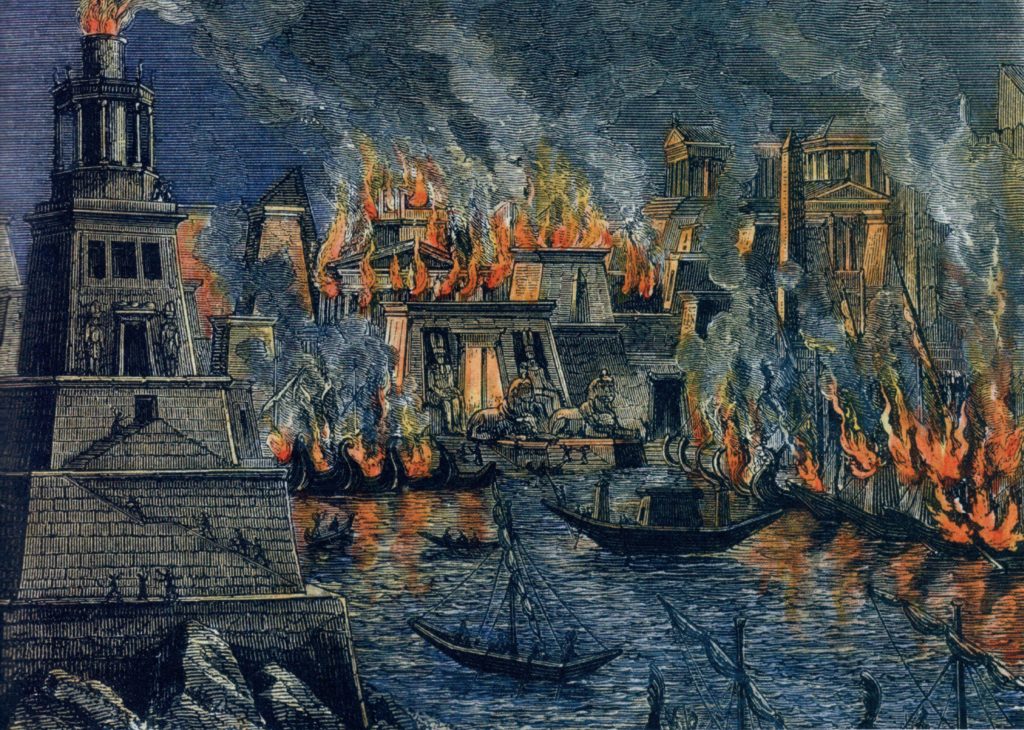
The humanities are dead, and we have killed them. Enrollments have dropped across humanities departments and many fear for their survival. Classes are regularly cancelled for not having enough students and professors often must market their courses. The only classes able to maintain enrollment are classes like “Arabian Nights” and other infamous “layups” that whore out intellectual rigor for overstuffed class rosters. Modern education as a whole, it seems, has miserably failed to produce critical thinkers capable of forming independent, unbiased, well-reasoned opinions. Critical, independent thinking has taken a backseat to binary STEM-answers and indoctrinated moral platitudes. College campuses have become not just overwhelmingly left-leaning, but actively hostile to unconventional and minority beliefs. Looking past politics, my experience at Dartmouth College is that many students do not care at all for intellectual inquiry and are far more practiced in blind, sometimes-hostile activism than reasoned moderation or skepticism. We live in a world of labels rather than ideals and it seems that the more advanced our technology gets, the less we see. Though hopefully not representative of the population as a whole, I’ve even been asked by a fellow student—in a purely serious fashion—why critical thinking is at all important.
Many humanities classes at Dartmouth do not teach people to think. Dartmouth College has chosen to break with what it considers its intellectual peers at other elite universities and has placed class minimums. In addition to being anti-intellectual and ridiculous on principle, this policy is especially unfit for our small college on the hill. Dartmouth seems to pride itself on its tight-knit academic environment but would rather build “alternative social spaces” than support legitimate intellectual pursuits. It is my firm opinion that any course that takes place in a lecture hall is not a true humanities education. For most people, the knowledge learned in humanities courses is of secondary value. What is more important is the intellectual growth that occurs sitting around round tables. One becomes “educated” by repeatedly presenting and defending their ideas in small classes—guided by able and wise professors—with their intellectual peers. Students learn to think on their feet, to judge arguments, and engage in deep, original analysis. They quickly learn that not all opinions are valid. However, more importantly, they learn that they can form their own opinions and, with a rigorous defense, can convince others of what they believe to be true. This symposium style of discussion-based learning is at the core of a real education. None of this occurs in a large lecture hall with a professor reading off a slide to students who are probably not even paying attention.
There is one field that I think best encompasses an ideal humanities education: the classics. History is the laboratory of the human experience and we must study, for example, how the Roman Republic fell in order to avoid a similar fate in our own country. The Classics’ commitment to truth is perhaps demonstrated in the learning of dead languages. As mind-rattlingly difficult Ancient Greek and Latin are, have very little use in the real world. Those who study classics understand that individual truth does not come easily. We could easily read translations by other authors in a tenth of the time (if not far, far more quickly), but this would be a disservice. Translations are someone else’s truth, not that expressed by original authors. These translations are painstakingly done in small groups (of normally no more than eight students) with their professors helping them along the way. These translations are followed by a rigorous discussion of the text, with each student presenting their opinions and commenting on others. Professors lead discussions, but often do not lecture on end. There are no wallflowers in classics courses. Classes are also notably devoid of politics. There aren’t any shouting matches about privilege or race. Classics courses, perhaps by virtue of studying dead civilizations and peoples, are free from the thick fog of politics. Scholars from all nations and eras have studied classical civilization, each bringing their own perspectives. Only the best ideas survive in this hypercompetitive academic environment and each new idea put forth must compete with centuries upon centuries of ideas that preceded it.
I understand that many practical considerations get in the way of many students’ intellectual pursuits. Anecdotally, several students have expressed excitement that the new “Politics, Philosophy, and Economics” major is able to appease their parent’s worries while allowing them to study philosophy. I, as the child of Chinese immigrants, deeply understand this dilemma. If it’s any encouragement to fellow students, a major takes ten to twelve courses. Every Dartmouth student takes at a minimum thirty-five. I’m certain that all of you can find the time to take at least a handful of discussion-based courses. Even an engineering student like myself could muster up the time to major in Classics. For those worried about their employability, and unfamiliar with seminar-style classes, use your NRO as it was intended. NRO’s were not meant to save your grade in introductory science or math but rather to allow students freedom to explore new interests in sometimes challenging fields. If you are still too apprehensive to take a challenging course outside your major, grow a pair. If you are still worried about your employability, remember that Bridgewater conducts debate-based interviews. Don’t be upset when a classics major drags you up and down the rhetorical arena like Hector’s body around Troy.

Be the first to comment on "The Round Table"